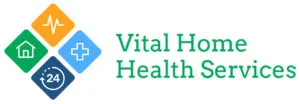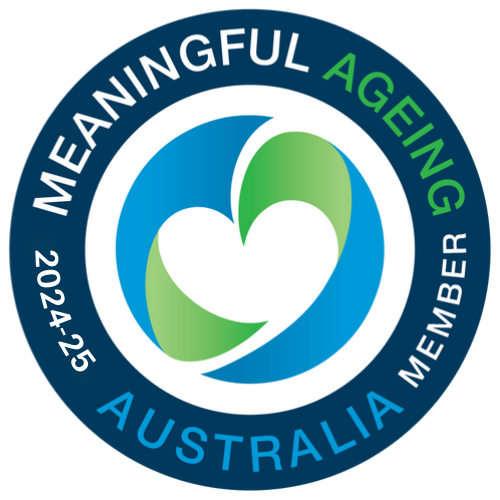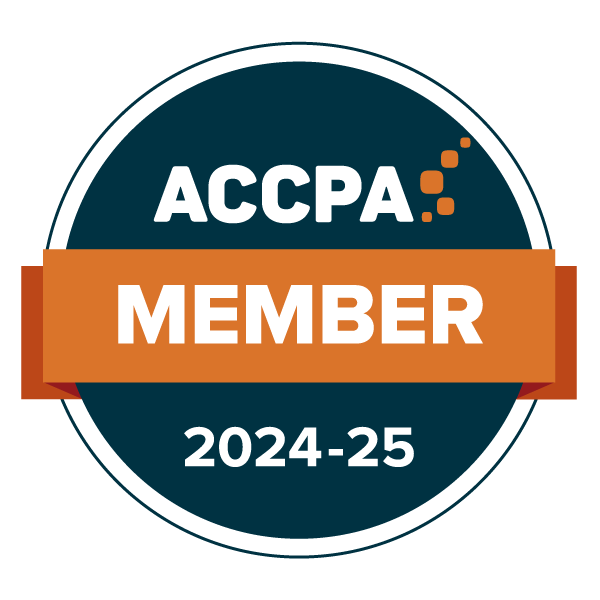Caring for an elderly loved one can be challenging when they still want to be independent but cannot judge whether they need extra assistance. In this article, we will discuss:
How to decide when it’s the right time for home care assistance
Caring for an aged loved one is an emotional balancing act. On the one hand, you’ll need to keep their spirits up. A strong sense of independence and self-reliance helps. At the same time, there’s also the concern of accidents occurring as they go out and about.
However, going overboard with preventative measures can be restrictive too. It’s a delicate balance to be maintained – facilitating self-reliance versus in-home health care.
There is probably never a right time to raise this discussion and decide how to know when it’s time for aged care assistance at home. However, there are some signs you can look out for that might show it’s time to consider in-home nursing or home care assistance.
Signs it’s time for home care services
1. Messy, unkempt house
You may have noticed it on your previous visits. But it keeps recurring time and again. Household chores can be tiring even for the young and able-bodied. But as you age, it takes a lot out of you. When the house begins to lose it’s neat, tidy and organised look, it’s a sign they may not be physically able to do the household cleaning because of ill health or deterioration of mobility and function.
2. An empty fridge and expired food
Walking or driving to the shops is a must-do for many elderly people. It’s a matter of pride for some of them. For them, it’s never a chore until the walk or drive gets too much to handle. As a result, the fridge or pantry runs low on stock and you’ll find food that has passed its expiry dates. These are tell-tale signs of physical weakness and declining physical and mental wellness. A home nursing service is an option to be explored.
3. A dent, scratch or driving fine
Are they still driving? Have you noticed any dents or scratches lately? Are there parking or traffic fines suddenly appearing? If they’ve had a clean driving record, the dents, scratches and fines are simmering signs of a problem at hand. They may be experiencing problems handling a routine activity. Given it affects their personal safety as well as others, restrictions may have to be put in place. Ill health or weakness is becoming a hindrance and potential hazard when they’re behind the wheel. Most important is their safety and the safety of others. If these events occur it’s time to speak to a doctor about further advice.
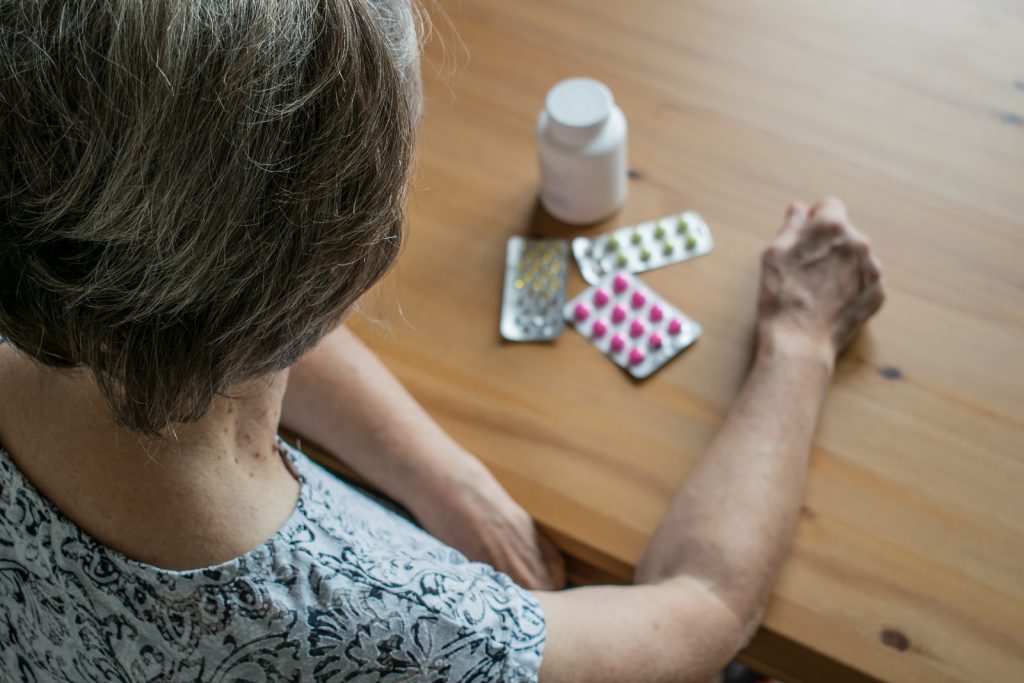
4. Their personal appearance
Regardless of age, most people want to look good. For as long as one is willing and able, not a strand of hair will be out of place. They take pride in their personal grooming despite their age. But when they begin to appear disheveled, things aren’t the same any longer. The change can be abrupt. This is an early cue that things might not be right with their personal independence and a discussion with a G.P. is a good place to start.
5. Personal hygiene
This follows the above closely. It’s either they are incapable of doing what they used to do themselves or they’re oblivious to their lack of personal hygiene. Both clearly indicate some help at home or aged care assistance at home needs to be considered.
6. Forgetfulness
Memory loss and dementia are increasingly common in the elderly. The severity varies from one to the other. When a loved one skips his/her medication or can’t remember where the car keys are, living on their own becomes a risk to themselves and to others. Having home care assistance or a home health nurse routinely come by to ensure they take medication and are ready as prescribed can help prevent these incidents. Always discuss deterioration in decision making and memory with a G.P.
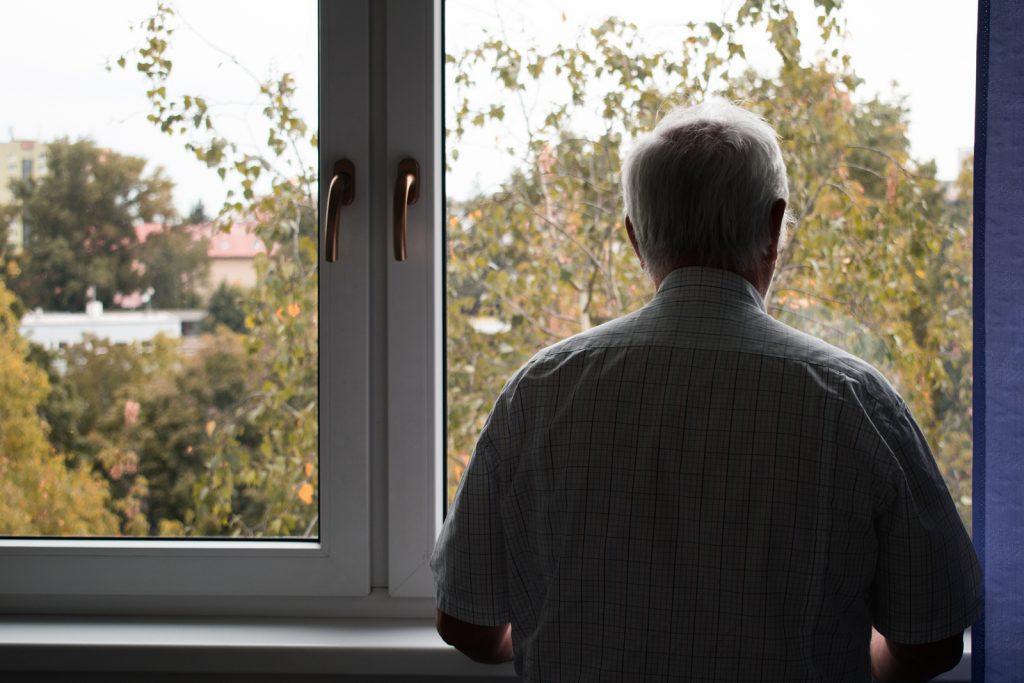
7. Falls
The risk of falls is highest in the elderly than any other age groups. Despite the aids to keep them steady, the fact remains they have grown more frail than we would like to accept. Negotiating steps or tight corners can be a challenge. They will experience difficulties getting about the house. Should they live alone, the risks of falls and the after effects of injuries sustained only gets worse. Having a home health nurse helps address any injuries quickly and help prevent future mishaps.
8. Sudden weight loss or gain
They are never a good sign regardless of age. But if it occurs in the elderly, it’s a major cause for concern. Poor appetite can be a sign of illness, forgetting to eat is a reality though strange it may sound. Maintaining a healthy diet is important. In the elderly, they’ll need help to keep their diet in check. Home care assistance can help bring routine to meal times and ensure elderly patients are well fed and cared for.
9. Loneliness and isolation
When their network begins to shrink, loneliness will set in. This feeling of isolation can be harmful. Isolation and loneliness have been linked to a variety of conditions, such as heart disease, depression, anxiety, and a weakened immune system. Make a note of the size of their social network. If suddenly they’re no longer seeing friends or going out in a social capacity, something’s amiss. Linking your loved one to a local seniors group might help curb any loneliness and isolation.
10. Unopened mail
They belong to the slow mail generation. Hence, not opening one is equivalent to a young person ignoring his/her email or social media notifications. It’s a sign that something is not well. If their mail is building up and not being opened and read, this may be a sign that your aged loved one needs aged care assistance at home to ensure they are on top of their affairs.
Know when it’s time for a home health service for the elderly
Caring for an elderly loved one can be difficult, but assistance from an in home health nurse can make it easier, for you and your loved one. If your elderly loved one develops any combination of the above signs, it might be time to consider home care assistance.
If you would like to know more about how to find the right in home care in Sydney or to learn more about the tell-tale signs shared here, Contact Vital Home Health to discuss.
References:
- Motamed-Jahromi M, Kaveh MH, Effective Interventions on Improving Elderly’s Independence in Activity of Daily Living: A Systematic Review and Logic Model, Front Public Health, 15 Feb 2021
- Crowe CL, Domingue BW, Graf GH, Keyes KM, Kwon D, Belsky DW, Associations of Loneliness and Social Isolation With Health Span and Life Span in the U.S. Health and Retirement Study, Gerontological Society of America, 13 Oct 2021
- Jin J, Prevention of Falls in Older Adults, JAMA, 2018
